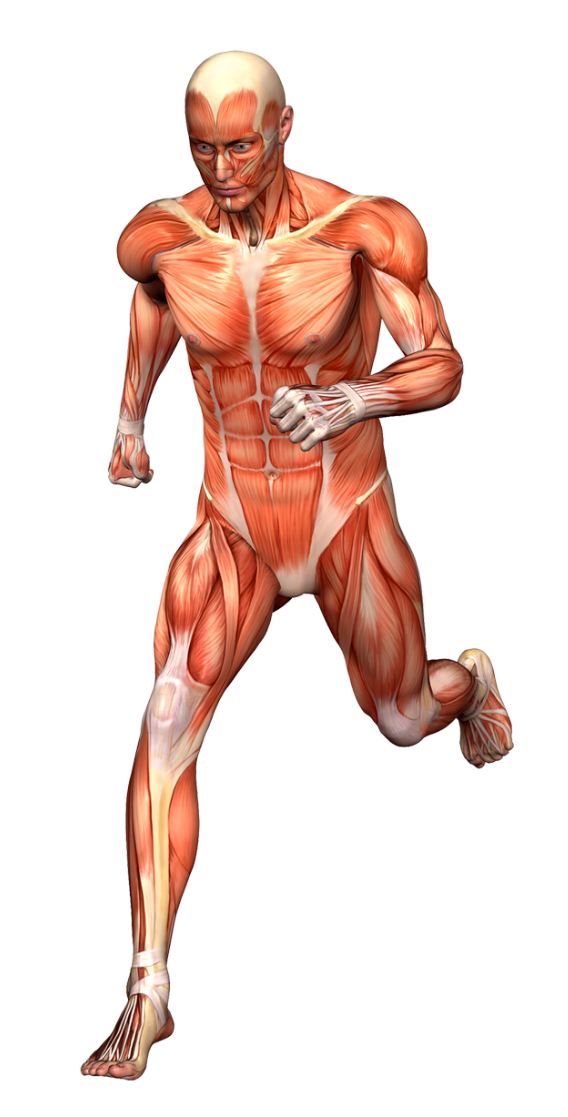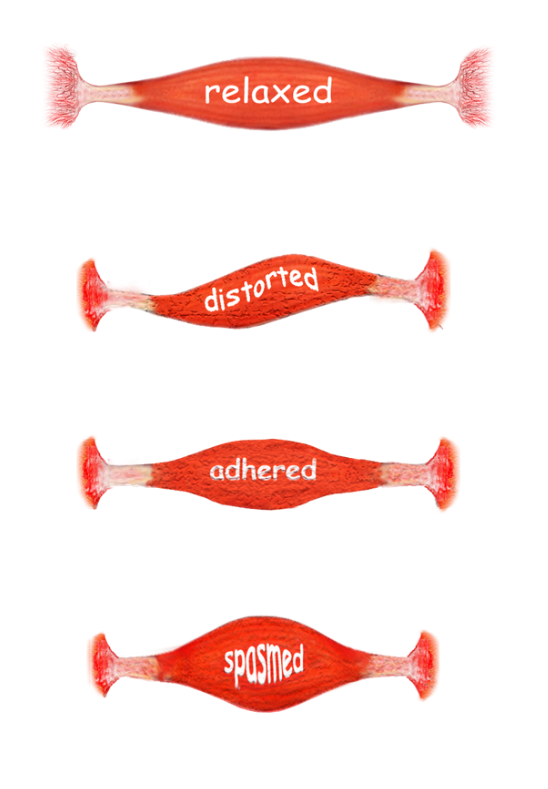
FAQ's
You are most likely 'movement deficient.'
Should I be concerned about Covid-19?
It would appear that paying attention, though not obsessing, has felt like a reasonable response. This page offers my opinion, background information, and preventitive therapy.
Click here to learn more.
Where do I begin to 'manage' my muscular health?
ou can begin right here and now by learning more about your body. This is the only body you get and you might as well learn as much as you can about taking better care of it and aiding it in a long, healthy, and active life. (I like His Holiness the Dalai Lama's observation about knowing the rules in life, so when you bend the rules, at least you know it.) Let's begin with your muscles, you have over 600.
- Muscles have characteristics similar to sponges.
- They both absorb liquids and yield liquids when compressed.
- They both work better when they are soft, pliable, and flexible.
- They both stiffen up when inactive.
- They both will last longer when those abilities are nourished and maintained.
- They both have the ability to compress, expand, contract, relax, and move fluids.
How often should I stretch and for how long?
This is entirely up to you, so let's put it in this perspective. Consider stretching and moving as an apology to your muscles and body for the stresses you share with them...daily...even hourly.
With that in mind, when do you find it most appropriate to apologize for any situation? Personally, I find it best to apologize ASAP. So, in the middle of a hike, a long morning working, after sitting or standing at a computer for a while, any physical event....which translates into often.
How do I know if I am doing it right and not making things worse?
Talk to your healthcare provioder.
When it comes to managing your muscles...pay attention! Have you seen the bumper sticker that says, "Must be present to win"?
Go into stretches slowly and pay attention to how you feel. Treat resistance and discomfort with respect. You might schedule a session at your local gym with a professional trainer to give you one-on-one guidance.
Remember, you are worth the investment.
How can stretching help relieve headaches?
Consider... you have 600+ muscles that work together as a team to keep you upright and moving. When any one of these muscles is stressed, every one of the team members is affected. Should muscular tension (un-ease) be a factor in a headache, then balancing the foundational muscles in your back is important. The chain of tension can contribute to a headache caused by tension. FMI...visit the self help section and watch the classic 'The Nose Ring'.
What if my pain doesn't immediately go away
Before you enter any self-help therapy, consult your Physician and get qualified.
Then consider how long you have had this pain/tension and that "drive-thru instantaneous healing" is a very rare commodity. It may be a few weeks or even months before you see a noticeable change. This system is a long-term one. So what if you need to stretch every day for the rest of your life!!! I have one client that over a period of years, her 'knock knees' straightened out to the point where she no longer needed wedge adjustments to her XC ski boot bindings!
Why is balance so important?
When your body is in balance, the skeleton provides the primary support for holding you upright in gravity. Your body is continually dealing with gravity. (Homeostasis)
Consider this process as a primary automatic "computer/brain" program that enables you to stand up and move. It does so with the 600+ muscles tightening and relaxing while the skeleton bears most of the weight.
Example:
When you lean over, your muscles automatically control how far you lean without falling. Much as a tower in the wind that is held upright by it's "guy wires". Consider, a person on a cruise ship, if they do not overeat, will probably lose weight. With the continual shifting of the boat, their body is constantly adapting to gravity and automatically exercising their muscles.
What can I do?
You can start right here, right now.
One of the keys to success in this system is for you to use your intention and imagination. Rumor has it that we humans use less than 15 percent of our potential abilities, (The Nose Ring.)Consider the possibility that we can increase that percentage when we exercise our ability to imagine and intend. Portions of this information serve to increase that percentage and encourage your body's innate ability to maintain and repair itself. The goal is to simply support the body's "Balancing Act", reduce tension and simply encourage ease.
It is useful to understand that you have 600+ muscles that serve together as a team to keep you upright and moving. When any one of your muscles is out of balance, stressed, or in a state of unhealthy tension, every team member takes on additional tasks to compensate.
Consider that our body orchestrates and coordinates over 200 muscles to take one smooth step...
When I observe someone limping, I 'see' various components unable to blend and coordinate within that essential motion.
I wonder, "What muscles are out of balance and unable to participate smoothly? Which ones are compensating?"





